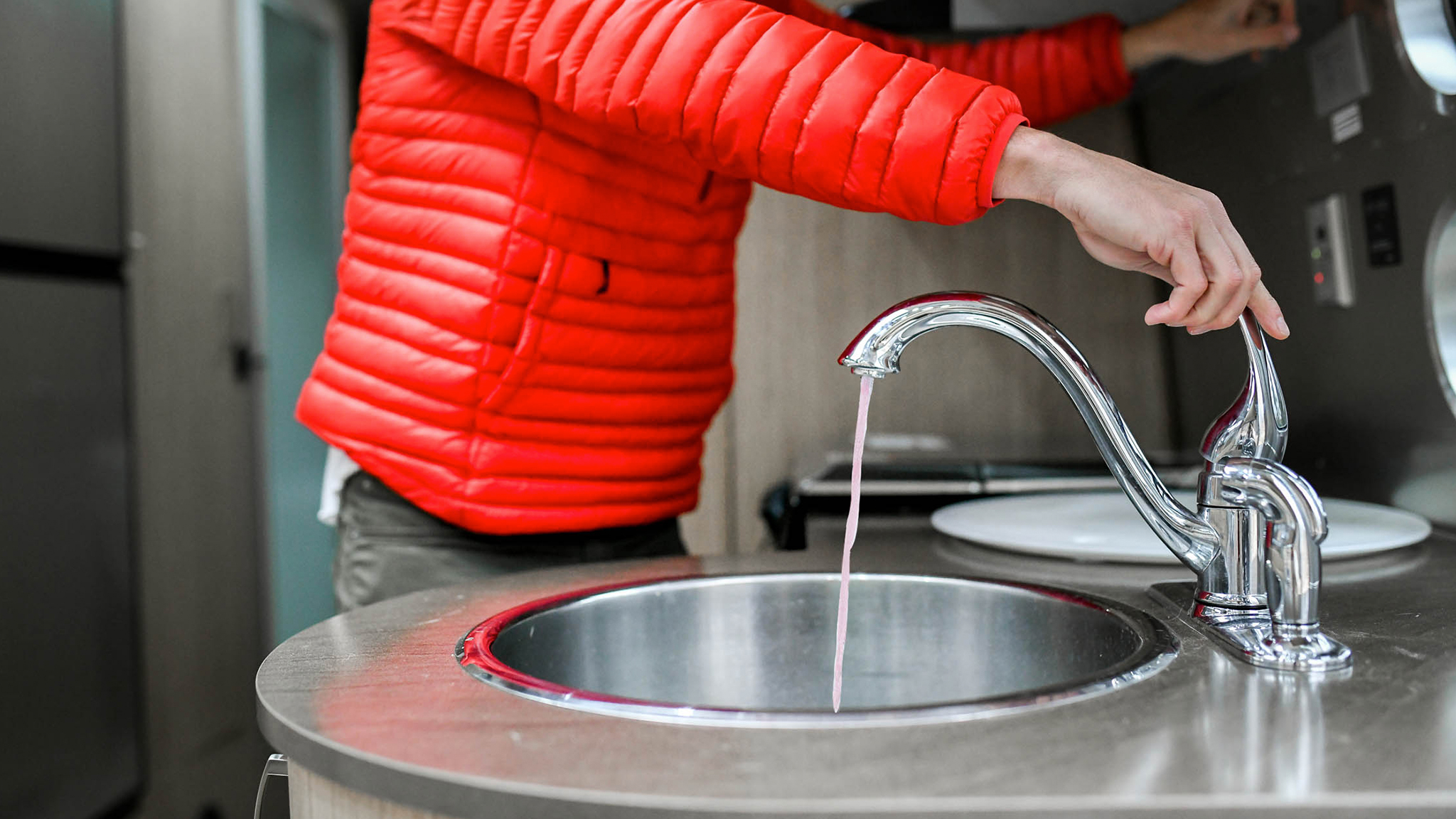An Best Winterizing Strategies: 5 Approaches to Secure Pipe Bursts
An Best Winterizing Strategies: 5 Approaches to Secure Pipe Bursts
Blog Article
Just about every person seems to have their own unique way of thinking when it comes to How to stop pipes from freezing during the winter.

All homeowners that live in warm climates have to do their finest to winterize their pipes. It is something you need to do during autumn before deep wintertime truly starts. Failing to do so can spell calamity like icy, broken, or burst pipelines. Here are some useful winterizing hacks to keep your plumbing system secured even if the weather condition outside is terrible.
Activate the Faucets
When the temperature level declines and also it appears as if the cold temperature will last, it will help to transform on your water both inside as well as outdoors. This will certainly keep the water moving with your plumbing systems. You'll finish up throwing away gallons of water this way.
Open Up Closet Doors Hiding Plumbing
When it's cool outside, it would certainly be valuable to open cupboard doors that are camouflaging your pipes. Doing this little method can keep your pipelines warm as well as restrict the possibly harmful end results of freezing temperatures.
Require Time to Cover Exposed Piping
One clever as well as easy hack to warm up cold pipes is to cover them with cozy towels. You can also make use of pre-soaked towels in hot water, simply don't neglect to use safety gloves to guard your hands from the warm.
Attempt a Hair Dryer or Warm Weapon
When your pipelines are virtually freezing, your reliable hair clothes dryer or warm weapon is a godsend. If the warm towels do not aid displace any kind of settling ice in your pipelines, bowling warm air directly into them might aid. You may end up destructive your pipes while trying to melt the ice.
Shut down Water When Pipelines are Frozen
Shut off the major water shutoff quickly if you notice that your pipelines are entirely frozen or almost nearing that stage. You will typically find this in your cellar or laundry room near the heater or the front wall surface closest to the street. Turn it off as soon as possible to stop more damage.
Don't fail to remember to close outside water resources, too, such as your connection for the yard home. Doing this will certainly prevent added water from filling up your plumbing system. With more water, even more ice will stack up, which will at some point lead to rupture pipelines. It is best to call a specialist plumber for an inspection if you are not sure concerning the state of your pipes this wintertime. Taking this aggressive approach can save you countless bucks out of commission.
All house owners who live in warm environments need to do their finest to winterize their pipes. Failure to do so can lead to calamity like frozen, broken, or burst pipelines. If the warm towels do not help dislodge any kind of clearing up ice in your pipes, bowling warm air straight into them might assist. Transform off the main water shutoff right away if you observe that your pipes are entirely icy or nearly nearing that phase. With even more water, more ice will pile up, which will ultimately lead to rupture pipelines.
PREVENT YOUR PIPES FROM FREEZING THIS WINTER
A Leading Cause of Property Damage
When the weather is taking a deep nose dive into the cold dreary days, the risk of your pipes freezing and potentially bursting skyrockets. Unfortunately, during these cold dreary months, burst pipes are the most common denominator for property damage. The pipes that are most at the risk are those that are in areas where it is most cold in your home. For instance, pipes located in interior places such as basements, attics, and your garage. Unfortunately, that doesn’t mean that the pipes running through your cabinets or exterior walls can’t freeze. Good news, however, is that you can do things to help prevent pipes from freezing.
How to Prevent Pipes From Freezing
Once the temperature starts to drop during the winter, you should be taking the proper measures needed to ensure that your pipes stay warm and that there is circulation of water through them. Some steps that experts may recommend could go against your better judgement when it comes to saving water and heat. However, it would go without saying that when expenses are compared, damaged pipes could put a bigger dent in your wallet than a water bill.
What Can I Do?
Keep your garage door closed. This is very important, especially if you have water supply lines running through your garage. Open your kitchen and bathroom cabinets to allow warm air to circulate through them. Allow air circulation throughout your home. Keeping the interior doors open will once again allow the warm air to circulate inside your home. Ensure your thermostat is running the same temperature throughout the night and day. If you plan to be away from home during the cold months, set your temperature no lower than 55° F. This should provide enough heat to keep the pipes warm and prevent any remaining water inside the pipes from freezing. For more of a long-term solution, add insulation to attics, basement, and other crawl spaces around your home. By allowing your faucet to drip, it will alleviate pressure in the system. This is important because the pressure that is created between the blockage and the faucet can potentially cause the pipes to burst. Allowing the faucet to drip will prevent the pressure from building up, therefore keeping the pipes from bursting. Seal any cracks, openings, and crawl spaces around your home to prevent cold air from coming inside. This keeps your pipes-not to mention your home-warmer and less susceptible to issues caused by freezing temperatures. For the pipes in your home that are easily accessible, applying electrical tape to them might prevent them from freezing over. This is a quick fix, as you can apply the tape directly to the pipe. There are two options for heating tapes. One turns on and off by itself when it senses heat is needed. The other type of heating tape needs to be applied when heat is needed and removed when not necessary. If you have exposed pipes in your home, you can check this website to take a look at a few options that would be available at a shop near you.

I'm very intrigued by How to stop pipes from freezing during the winter and I am praying you appreciated my blog posting. You should set aside a second to promote this post if you appreciated it. Thanks so much for going through it.
Top service, one call. Report this page